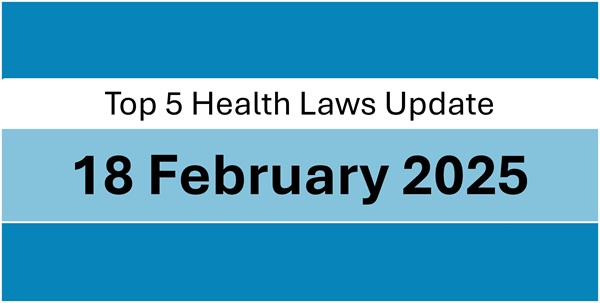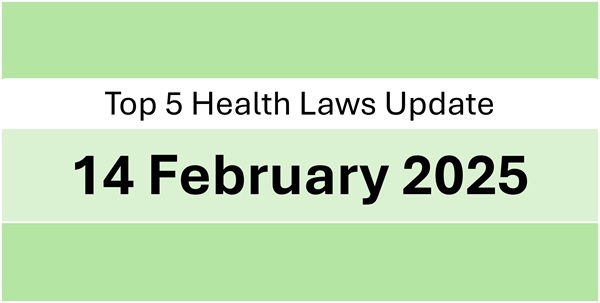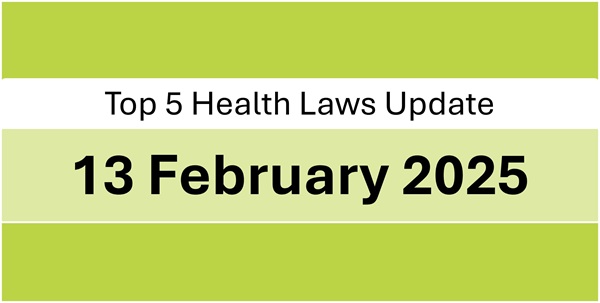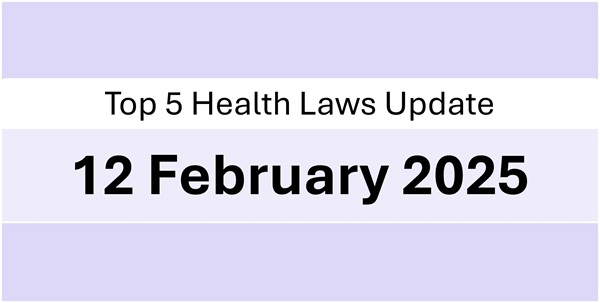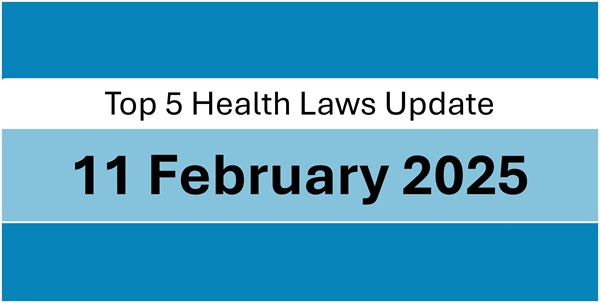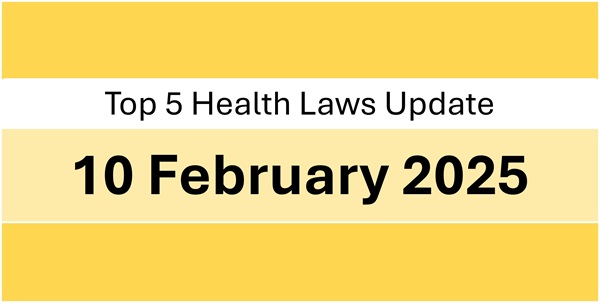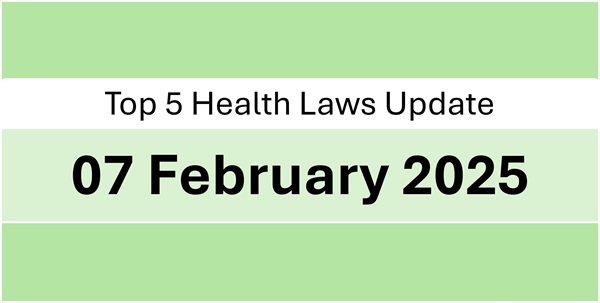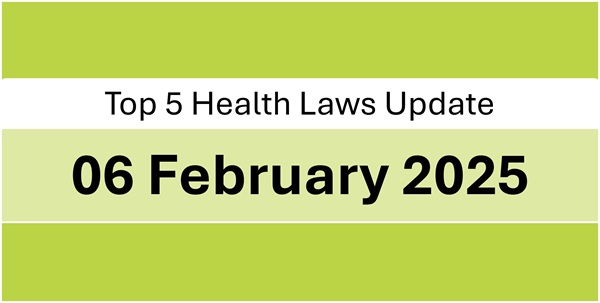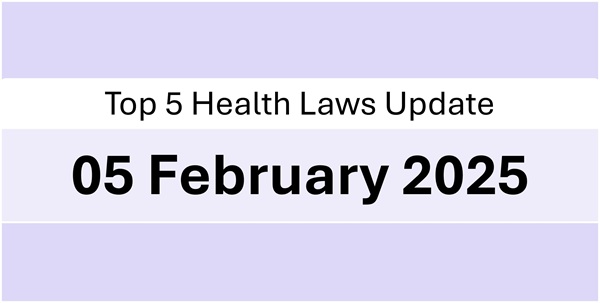Dear Readers, we are happy to share the most interesting legal and policy updates concerning health industry that we read today. we hope you enjoy reading it.
1. All insurance and healthcare policies are by law required to accommodate mental healthcare treatment under the Mental Healthcare Act, 2017. Therefore, even if an explicit provision exists in a current policy, it cannot be ground to refuse reimbursement for mental healthcare services availed under the policy: High Court.
Source: bit.ly/3Qm1LHg
2. The District Consumer Disputes Redressal Forum in Gujarat has recently held that insurance providers cannot rely on a discrepancy in documentation to deny a claim for treatment, provided that the justification letter of the treating doctor sufficiently addresses the eligibility of a claimant under the policy.
Source: bit.ly/41ivGqj
3. The National Human Rights Commission (NHRC) has recently held a core-group meeting to recognize the impact of progressive disabilities and possible changes in applicable law to address the same. The NHRC has also proposed to re-visit the current 40% benchmark for disabilities, to accommodate cases of persons with progressive disabilities.
Source: bit.ly/4hEfMwb
4. A Consumer technology product manufacturer has recently won its invalidation petition before a Federal Court of the United States, with this, the complainant in this matter now has complete and undisputed Intellectual Property rights in the US, over the underlying technology for detecting heart-rate in wearables.
Source: bit.ly/432ybye
5. The World Health Organization released new findings highlighting a concerning lack of awareness about alcohol’s link to cancer in Europe. It called for clear, prominent tobacco-style warnings, particularly in the region with the highest alcohol consumption. While the WHO has consistently warned about alcohol’s cancer risk and supported labeling, this is the first time it has directly called for new government regulations.
Source: bit.ly/4102Vxj

